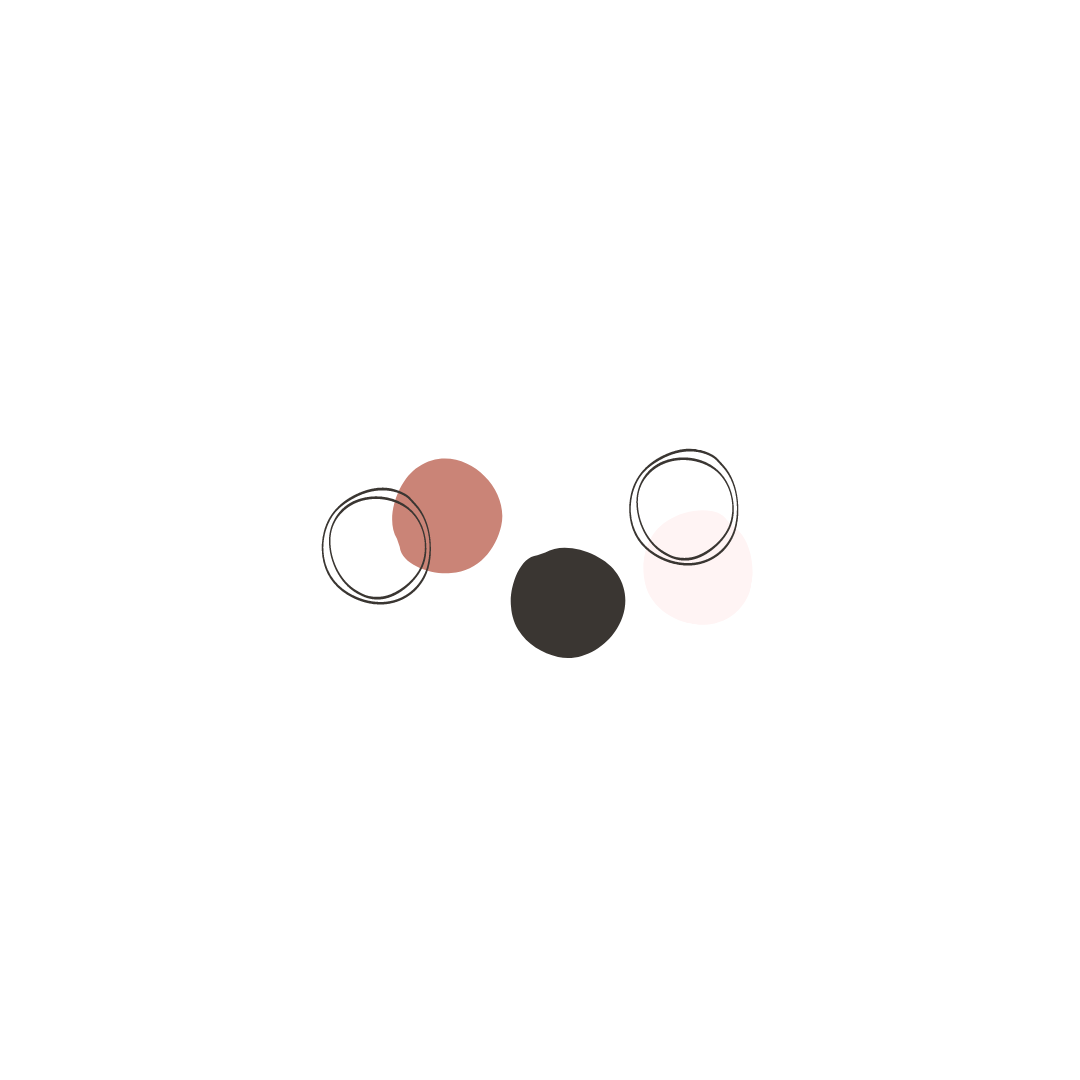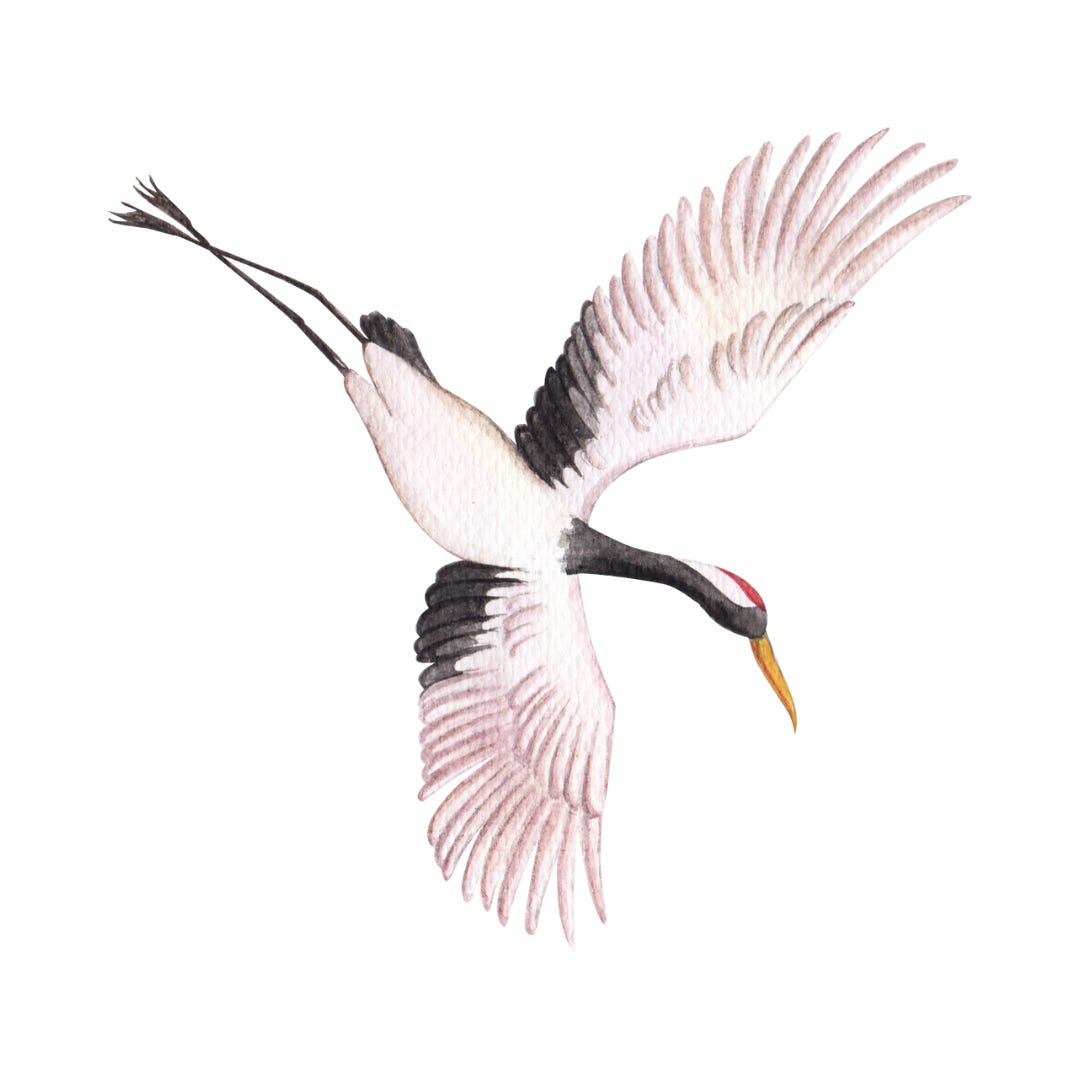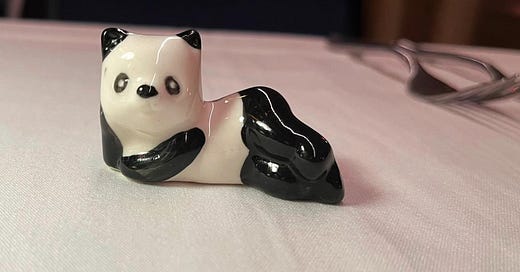

Discover more from Catalectic
I first read C.J. Hauser’s “The Crane Wife” as part of an online writing fellowship mid-pandemic. Imagine an MFA founded by tech bros. Cohorts came together over Slack; curriculum highlights included everything from Substack audience growth hacks to crafting better tweets. One workshop, though, led by a writer with whom I shared an especially kindred connection, teased Hauser’s deftly-crafted engagement post-mortem as an introduction to essay structure and the pleasures of longform writ large.
Come for the opening scene of its author trying on knee-length nylon shorts, stay for her painfully insightful metaphors on what both relationships and endangered species need to thrive. (“It turns out, if you want to save a species,” she writes, “you don’t spend your time staring at the bird you want to save. You look at the things it relies on to live instead.”)
Hauser’s recently published memoir-in-essays — titled, appropriately, The Crane Wife: A Memoir in Essays — hit bookshelves late this summer. Its light purple jacket caught my eye on a display table at an independent bookshop downtown, on one of those days when I felt in a particularly good mood for no particular reason at all, dressed up in post-pandemic jeans and earrings and even wearing an underwire bra to boot. I took a copy straight to the register, like it were a new installment of the Babysitters Club circa 1992.
I’m stuck on her essay “Hepburn Qua Hepburn” right now, wherein she deftly interweaves a hindsight-is-20/20 critique of The Philadelphia Story with reflections on how the 1940 film’s romantic paradigms that led her astray.
“For years I conflated tastes with identity, with depth. I pretended this was a compatibility issue, but the reality is that I was threatened by men’s tastes because I assumed they would have to become mine.”
“Because what I believed when I was thirteen, and for many years afterward, was that this was what love was about. This kind of one-soul-seeing-another-soul synchronicity. This kind of Big Moment of Feeling and Drama.”
“That’s what I wanted, I decided. A Dex. Someone who sees you for the horror show you are, and opts in. Someone who relentlessly sees what’s wrong with you, and pushes you to be better. That, I decided, was the most honest way of being in love.”
Reading Hauser, I can’t help but reflect on the romantic parables I myself took for gospel growing up. I shared her belief in Big Moments of Feeling and Drama, having reliably watched The Most Dramatic Season Finale Ever of ABC’s The Bachelor for 15+ years. But the French films that shaped my très francophile adolescence also taught me quirks and imperfections are to be loved and even adored. When I was barely five years old, my mother disavowed me in bedtime stories of the idea that common interests a romance make. In a way, my own love life could serve as a case study for “opposites attract.”
Still, however different my paradigms from Hauser’s, I’m not sure my love life turned out any less chaotic.
Sometimes I wonder if dating, especially for a young writer, is simply a choose-your-own adventure kind of deal, where we pursue relationships not so much for their own sake but to understand where their endings lead, and why. Rough draft exercises in plot development. A way to divert life from its structured cliché. Material for fodder until we reach that age where our taste finally somewhat aligns with our talent, and we can over intellectualize and analyze past attachments in an effort to conceive of ourselves as more intentional, and perhaps less superficial, than we actually were.
Take an up-and-coming author I once briefly dated. I liked that his book was a New York Times bestseller, and that, after a panel discussion and book signing, he took me on a double date drive in a jalopy in the San Francisco fog. When he invited himself inside my apartment, I found a gracious way to show him back out the door. I tell myself I didn’t go for it because we couldn’t agree on whether Deborah Eisenberg ever wrote in the first person.
If I’m being honest, I still wonder what might have happened if he’d had better hair.
TL;DR Maybe it’s because I’m happily coupled up, and further removed from the rough and tumble days of casting a protagonist to write a life story with me, that I didn’t feel any particular wave of emotion reading about Hauser’s own past entanglements.
Instead, what struck me most was her admission on page 46, in which I’m embarrassed to see myself clearly. Namely, that it wasn’t until re-watching The Philadelphia Story for probably the hundredth time in her mid-20s, that Hauser began to notice its supporting women characters at all.
Speaking of Memoir, Also Reading:
I’m Glad My Mom Died by Jennette McCurdy. So many people have written about this immediately sold-out bestseller that you hardly need my two cents. I’ll simply say: it’s worth the hype.
Solito by Javier Zamora. Stumbled upon this one while shopping at Target. My high school boyfriend’s family was from El Salvador — speaking of past romances — and I’ve always had a desire to better understand the life his parents fled in the ‘80s. Per Sandra Cisneros: “I have waited decades for a memoir like Solito.”
My Body by Emily Ratajkowski. Making my way through this one on Audible, back and forth from Shanendoah to DC. Another great deep dive into cultural forces that shape a young girl’s psyche.
Women Without Men: A Novel of Modern Iran by Shahrnush Parsipur. Just downloaded on a recommendation via Stephanie Danler’s Instagram. Per Danler: “Shahrnush Parsipur was arrested for this book (she now lives in political exile) and I believe it’s still banned in Iran. It concerns the sex, power structures, femininity and friendship. It’s a little magical/mythic. Highly highly recommend.”
Speaking of Danler, the Sweetbitter author’s own memoir, Stray, is a must-read. And last but not least, Lauren Hough and R. Eric Thomas, two of my favorite writers and memoirists who blurbed The Crane Wife on its back cover, also have incredible newsletters of their own.
Subscribe to Catalectic
ii. incomplete; partial; not affecting the whole of a substance















I do recall your long running captivation with The Bachelor, though I have never indulged in an episode. I'm not sure if it is because I left the TV behind in 97/98 when I moved to NYC and next obtained one for my 2010 SF pad when told to do so by my managing acting coach. Or, that the dating thing never really worked out enough for me that I would want to watch someone else go through it, unless I was rooting for a friend. Maybe if you were on the bachelor??? Dating is only something I dare attempt within a year or more of spacing. Even when Aynne convinced me to try it, I drew the line quickly because it felt like picking from a phone book. Having turned 50 in September, it feels no easier, though I do get the learning experience aspect. There was a filter I set in NYC after the dissolution of an unspoken love triangle, then decided in 2016 to put it on the shelf because perhaps I was in harsh monovision. It landed me wrecked, standing in the cloud of smoke from the toasting by my internal defense dragon. Those lessons do have value! Perhaps I was being inpatient, and gave up. It was then I learned the importance of the lessons. Now recovered and wiser! … Will check out the recommended book! My head has been deep in Greek mythology lately, and romance wonderfully thrives in the fiction of fragmented scenes I note. Oh how I do love indulging in my imagination! And, thank you for the copy of the "Shakespeare In Love" screenplay you gave me one holiday. I still have it, now packed with the other boxes prepared for relocating. I have watched that film many times repeatedly before you gave it to me. In fact, it was the first blu-ray I bought when I acquired the TV. When I next unpack in SoCal or maybe even back to my old neighborhood of Gramercy Park, I look forward to reading it again. Cheers and hugs to you, love!!
"The Crane Wife" is so damn good. I've gone back to it so many times since that session.